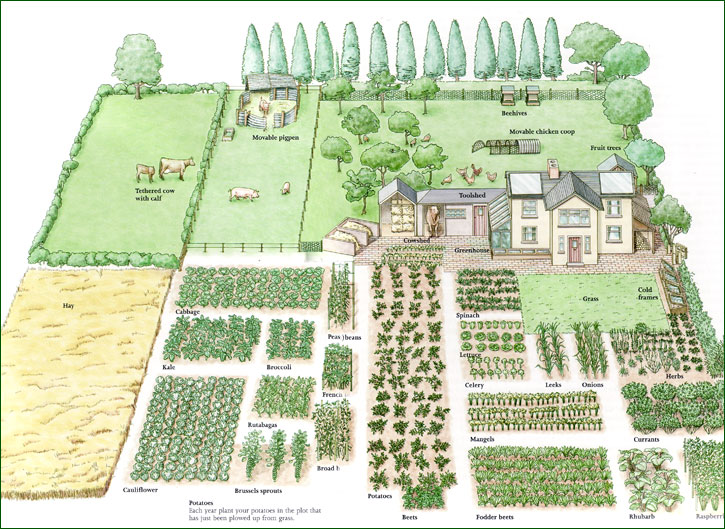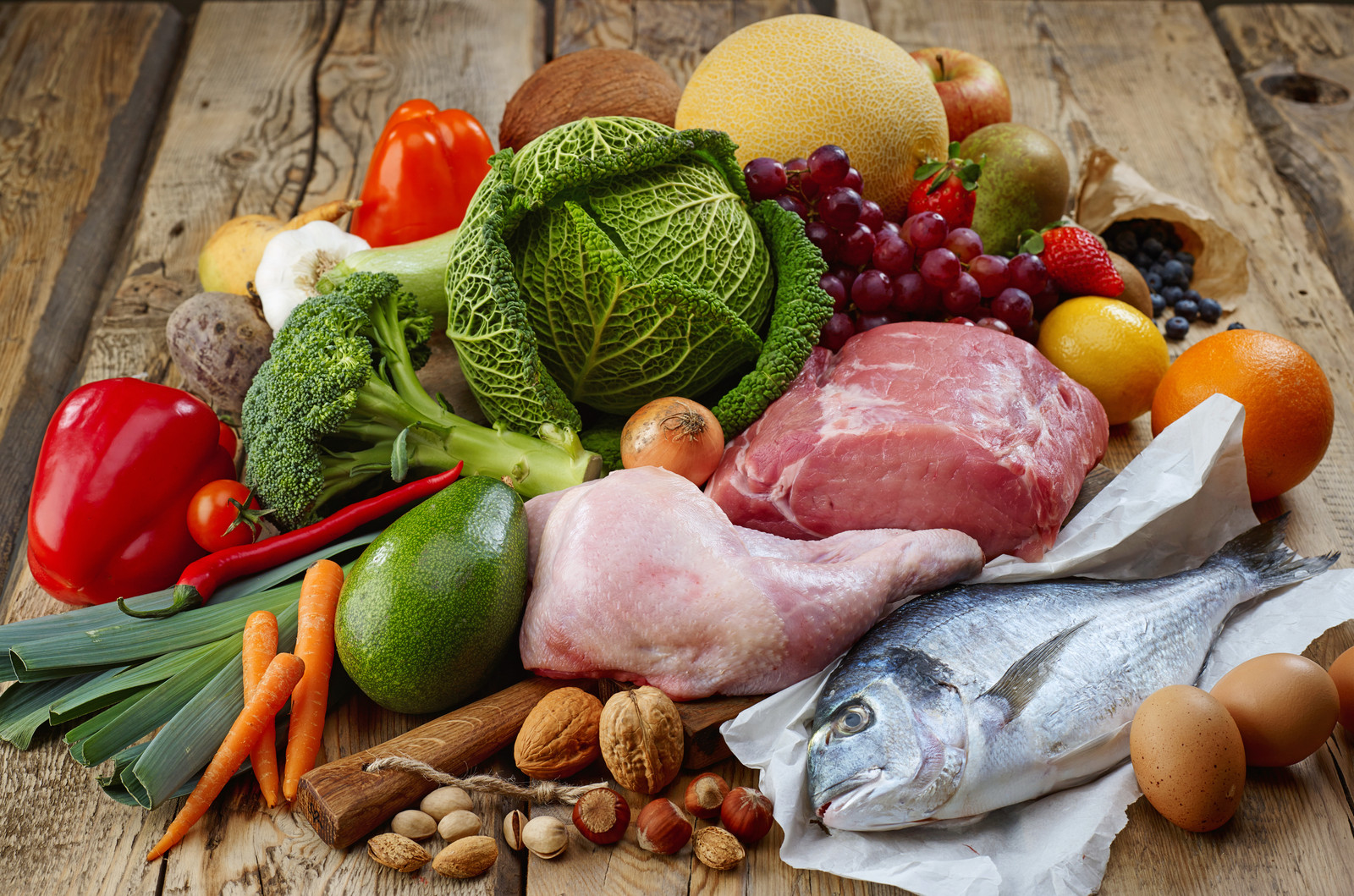Garden Planning Tips- Part 1, by Sarah Latimer
Well, spring has sprung, the bulbs are coming up, and plants are showing signs of life around us. My daffodils are coming up, the hyacinth are blooming, and lilacs budding. I am yearning for fresh fruits and vegetables from our garden, though we have plenty left from last year’s crop. The surplus is mostly stored in freeze-dried and dehydrated form in either vacuum-sealed jars or mylar bags, but we still have a good amount in the freezer waiting to be eaten or freeze-dried. There are also still some vegetables, like carrots and onions, stored in cool, sandy soil through the …


